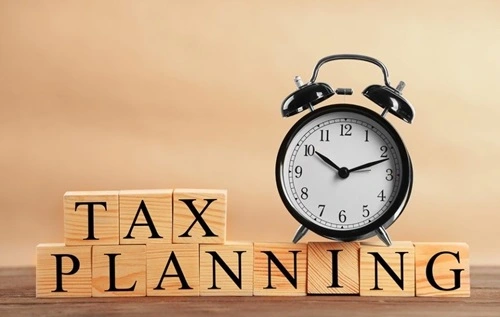The end of the financial year has a way of sneaking up faster than expected, leaving many Australians worrying about due dates and what happens if returns don’t get lodged on time. So here are a few key dates and important details to keep in mind—making the process feel less stressful and easier to manage.
When is the Tax Return Due Date?
The most important date to keep in mind is October 31st. This is the official deadline for lodging your individual tax return if you’re doing it yourself through myTax or a paper form. Submitting by this date ensures you avoid any late lodgement penalties and keeps you in good standing with the Australian Taxation Office (ATO). If October 31st falls on a weekend, the deadline moves to the next business day, but it’s always wise not to leave returns until the last minute. That’s because allowing yourself time to double-check your details reduces the likelihood of mistakes, which can delay refunds or prompt a follow-up from the ATO.

How Do I Get an Extension?
Life doesn’t always run on schedule, and sometimes meeting the deadline isn’t possible. The good news is that registered tax agents and accounting services in Melbourne can often access extended lodgement dates for their clients. If you’re on an agent’s client list before the due date, they can apply for an extension on your behalf, usually pushing this date out to around mid-May of the following year. This extra time can be a lifesaver if your financial situation is complex, if you have multiple sources of income, or if you need more breathing room to gather the necessary paperwork. Extensions also provide peace of mind, knowing you’re still within the ATO’s compliance framework even if you can’t meet the original deadline.
What Happens if I Miss the Deadline?
If you don’t lodge your return by October 31st and you don’t have a registered agent apply for an extension, the ATO may issue a Failure to Lodge (FTL) penalty. This fine is calculated in increments and increases the longer your return remains outstanding. The current penalty is one unit ($313 as at 2023) for every 28 days the return is late, up to a maximum of five units—that’s more than $1,500 if you delay too long. On top of that, the ATO may also withhold refunds, apply interest charges, or escalate matters if non-lodgement continues over several years. In severe cases, a history of late lodgements can even affect your ability to negotiate payment plans or access future concessions.
While penalties sound daunting, the ATO can show leniency in certain situations, such as illness, natural disasters, or other genuine difficulties. If you find yourself behind, it’s always better to communicate with the ATO or engage a professional who can negotiate on your behalf rather than ignoring the problem. Taking action early can significantly reduce the financial and emotional impact of missed deadlines.
Staying on Top at Tax Time
Planning ahead, keeping your documents organised, and seeking professional help if you need extra time can protect you from penalties and unnecessary pressure at tax time. With extensions available through accountants and registered agents, it’s easier to keep your tax return under control. Staying on top of deadlines ensures you remain compliant, avoid fines, and focus your energy on what matters most—your business.

